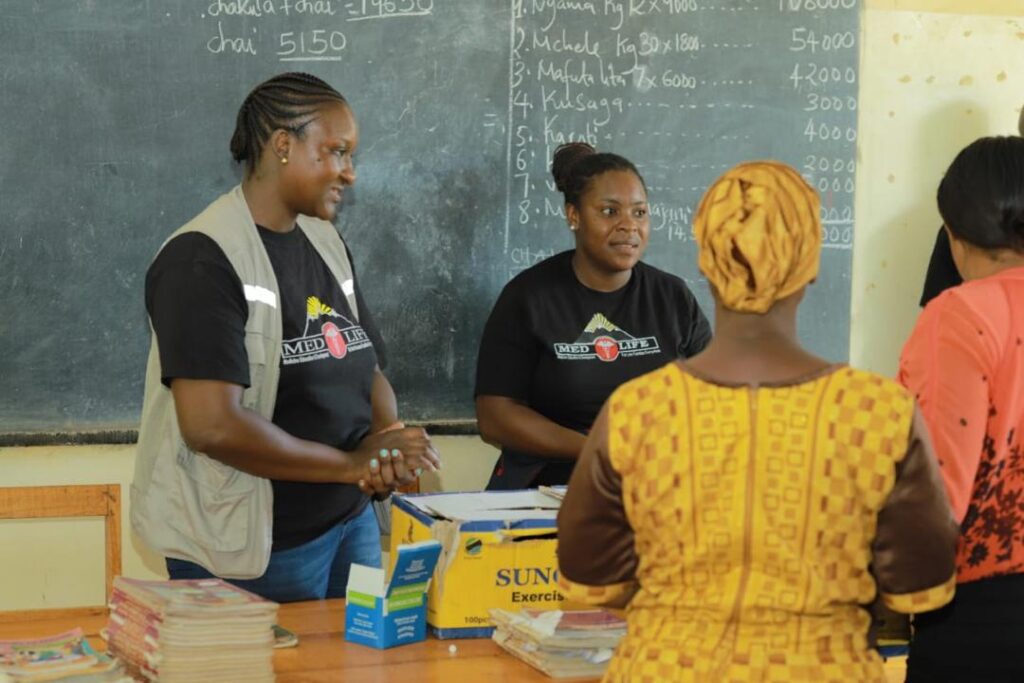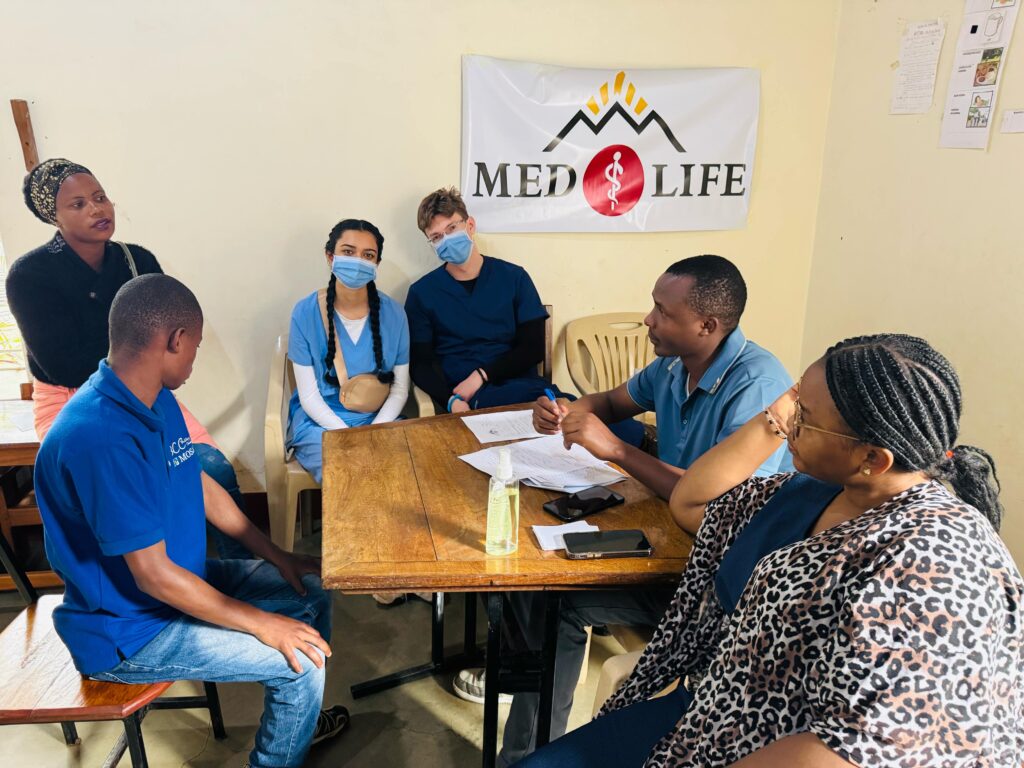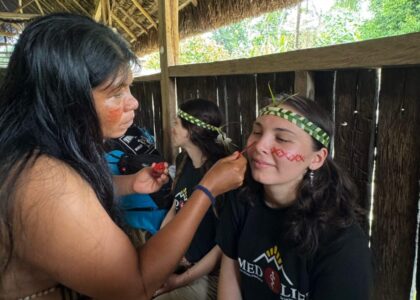A school trip to Africa offers students the chance to experience new cultures, broaden their perspectives, and explore one of the world’s most diverse continents. Whether it’s learning about wildlife conservation or understanding the complexities of global health, a trip to Africa can be an unforgettable experience for young people. However, planning a school trip to Africa requires careful preparation to ensure that the trip is safe, educational, and meaningful for all participants. Here’s how to plan a trip that will make a lasting impact on your students.

1. Choose a Destination with Educational Value
The first step in planning a school trip to Africa is selecting a destination that offers educational value for your students. Africa is a vast continent, with each country offering something unique. For example, a trip to South Africa could provide insights into wildlife conservation, while a visit to Kenya offers opportunities to learn about African culture and history. You could also consider countries like Tanzania or Uganda, where students can learn about public health and community development efforts.
Work with a tour operator who understands the educational goals of your trip. Engaged Education offers a variety of tailored experiences in countries like Tanzania, where students can volunteer on community-driven projects, gaining hands-on knowledge in global health, education, and development.

2. Ensure Safety Precautions
Safety is a top priority when planning any international trip, especially when you’re leading a group of students. Research the safety protocols of the country you’ll be visiting and ensure all students have the travel documents and health precautions before departure. Make sure that everyone is aware of travel advisories, emergency contacts, and local laws.
Engaged Education works closely with local partners to ensure that safety measures are in place, including 24/7 support during the trip as well as expert guides and trip leaders to support you every step of the way. This support ensures that students are always taken care of, whether they are learning in rural communities or participating in excursions. All travellers are also enrolled in comprehensive travel insurance to ensure support is there if any issues arise.
3. Involve Students in the Planning Process
Involving students in the planning process of their school trip to Africa can enhance their excitement and commitment to the experience. Have students research the history, culture, and geography of the country you’ll be visiting. Encourage them to learn about local customs, important landmarks, and environmental issues. This research will not only prepare them for the trip but also give them a deeper understanding of the country they will be exploring.
Additionally, students can participate in fundraising efforts to support the trip, learning valuable skills in collaboration, organization, and community engagement.

4. Incorporate Community Engagement and Service Learning
To make the trip more than just sightseeing, consider incorporating service learning into the itinerary. A School trip to Africa offers unique opportunities for students to interact with local communities. Whether it’s volunteering in healthcare clinics, supporting educational outreach programs, or participating in infrastructure projects, students will leave with a greater sense of global responsibility and empathy.
Engaged Education provides Service Learning Trips through our partner nonprofit MEDLIFE provide the perfect opportunity for students to contribute to projects that benefit local communities. These programs offer students the chance to apply what they learn in the classroom to real-world situations, fostering personal growth and leadership skills.
5. Reflect on the Experience
Once back home, encourage students to reflect on their experience. This could be through group discussions or presentations. Reflection allows students to understand the impact of the trip on their personal growth and global awareness. It also helps them connect their experiences to their academic studies, making the trip even more meaningful.
Planning a school trip to Africa requires thoughtful preparation to ensure that students gain an educational and safe experience. Luckily, Engaged Education specializes in organizing school trips that provide students with an educational experience that is respectful of the destination they are traveling to.
Start your journey today with Engaged Education and give your students the opportunity to learn, grow, and explore the world.
Download the full brochure here to explore educational travel options in Africa with Engaged Education.
Want to give back? Become a monthly donor and support conservation and poverty reduction projects across Latin America and Africa.






